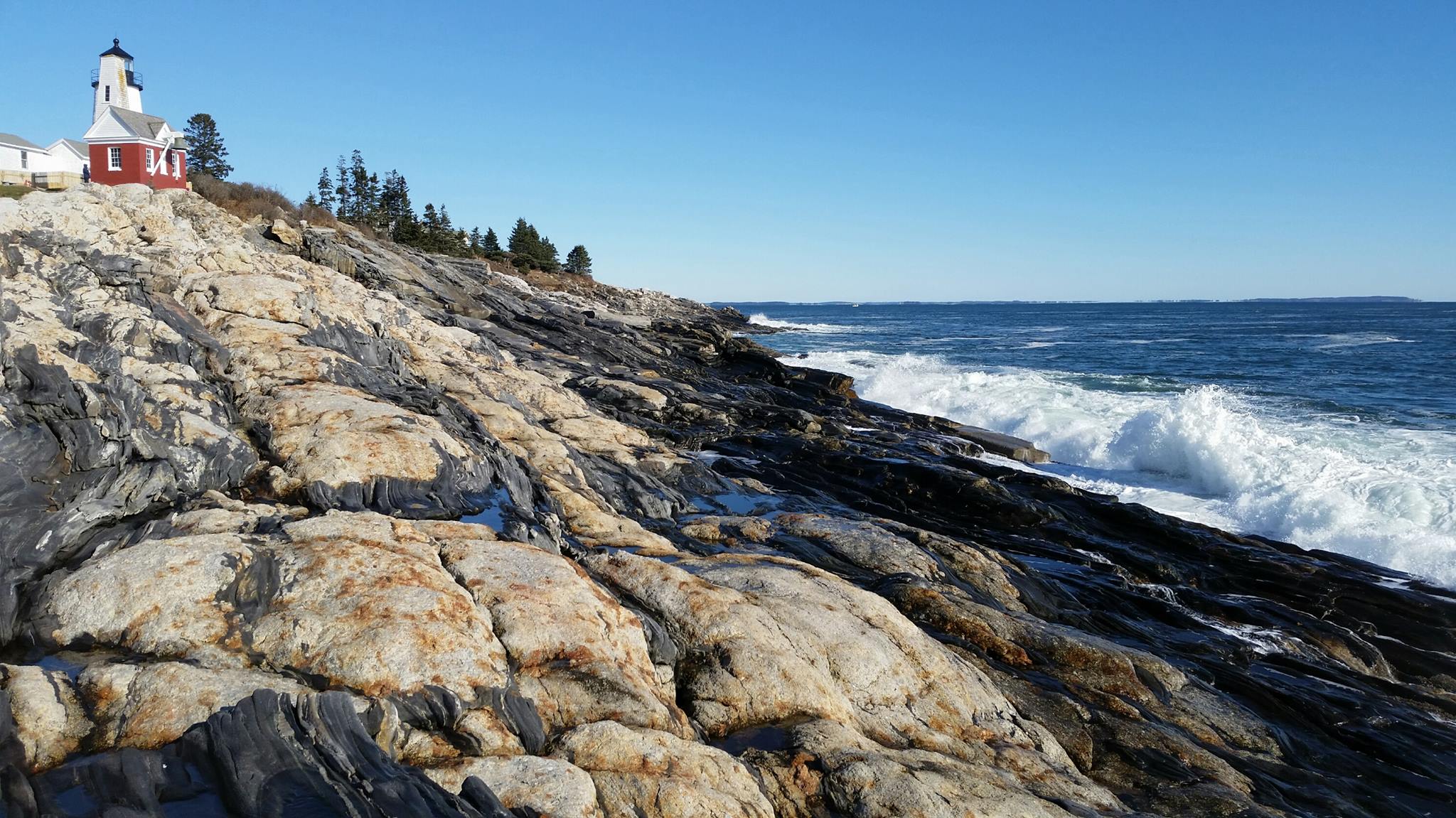By David VanBurgel
Picture fly fishing in Maine: canopied streams; cold water tumbling over granite; deep lakes; brook trout as colorful as the streambed gravels of their native waters. The impacts of climate change may not be so easy to see in Maine as they are other places.
Still, a recent articleby prize-winning journalist Colin Woodard explains the impact of climate change on the Gulf of Maine, and its many ramifications. Maine was recently alarmed to find that the temperature of the Gulf of Maine has been warming at a faster rate than anywhere else on Earth. Woodard writes that our native species are in retreat, invasives are moving in, and ocean acidification is rising. Maine’s offshore fishermen are seeing an impact. The shellfish industry—lobsters, clams, scallops and oysters—is at risk.
Mainers find ourselves pretty much at the end of the tailpipe with respect to greenhouse gases, producing very small amounts of carbon on a national scale. But some institutes of higher learning already have divested themselves from the fossil fuel industry, and Mainers strongly support alternative energy strategies in their local lives. Many are undertaking innovative approaches to developing mitigation strategies. Woodard describes efforts of local scientists to explore the use of eelgrass and kelp to take up dissolved carbon dioxide, and the need to address many unanswered questions. What is the effect of pH on juvenile lobsters? And, how does the warming of the Gulf of Maine affect coldwater fish and their habitat, even hundreds of miles upstream?
Trout Unlimited has been keeping a close eye on climate change in Maine, while implementing strategies to help trout and salmon handle its impacts: culvert replacement and dam removal to address re-connection needs, with an eye toward opening access to thermal refuge habitats; surveys to determine what we have now, hoping it won’t be lost. Adaptation and mitigation efforts are coming to the forefront. Restoration and re-connection have been growing partners.
The opportunity for new partnerships may help us all understand and take action. Partnerships are well known to Trout Unlimited in Maine – the Natural Resources Council of Maine, Maine Audubon, Maine Rivers, the Atlantic Salmon Federation, The Nature Conservancy, watershed groups and others. With climate change in mind, the long coastline of the Gulf of Maine and the impact on the Gulf waters may bring about new alliances.
The not-so-obvious partnerships may soon include commercial interests in the offshore habitats. Strongly independent, the traditional occupations which owe their living to the productive, cold Gulf of Maine waters are becoming aware of the threats to their way of life.



